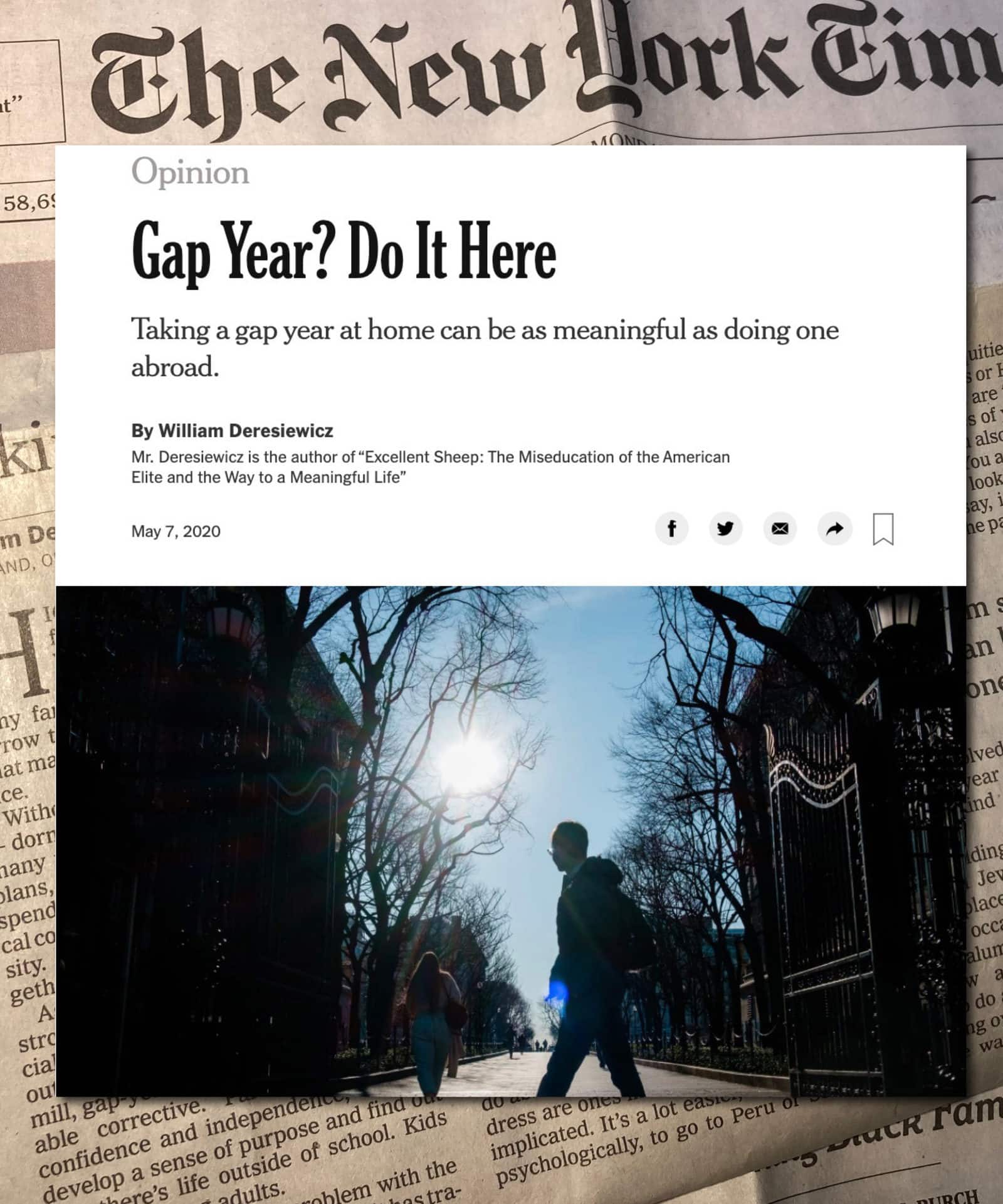by Nomi Small
The past few weeks have been really powerful and intense for me at Portland Homeless Family Solutions, where I intern every Monday. There’s a seven-year-old boy and his father who have timed out of the 8 family spots in the night shelter but have luckily been able to stick around the day shelter. Two weeks ago I was coloring with the boy and he leaned over as if to tell me a secret.
“Do you know what my mom likes to do?” he asked. I shook my head. “Drugs.” he whispered.
It’s striking to me how fast children have to grow up when they’re thrown into difficult situations. Each person deals with those challenges differently and often you can’t see the impact that it has had on their lives until later.
I will note here that his father is the one in shelter with the boy and his parents are split. Which leads me to the following week. The boy was back in school and his father came into the kitchen to grab some coffee while I was chatting with a PHFS staff member.
“How was your weekend?” the PHFS staff person asked the father, trying to make small talk.
“Man, I really messed up,” replied the father. “I let my kid go with his mom this weekend. I really messed up.”
At this point, the PHFS staff person asked if he would like to talk about his weekend in the office and the father agreed. As he passed by me he said, “Long story short, I had to pick my son up from the police station.”
I have no idea what the son will be like in a few years. Right now he’s an upbeat average seven year old who has just been exposed too quickly to the raw side of the world. After having spent time with his family while they’ve been in the shelter, I can only hope that they can get into housing as soon as possible and create some more stability for the boy.
There’s a new family in the shelter. The parents have heavy Midwestern drawls and they have a two-year-old daughter and three year old son. The father’s sister introduced him and his wife and was tragically killed in a car accident a month ago. The father was one of about six and has only one surviving sibling left. He can’t be older than 32. And he and his wife are amazing parents.
Their son has separation anxiety from his father, which has luckily lessened as the boy has become more comfortable in shelter. They kept waxing poetic about how bright their son was and I understood that to mean general parental pride of their child. Then I recently saw the boy playing a matching game on his father’s phone. The boy would correctly match the image to its shadow on the first or second try. Once he had filled all the shadows, the game would make a clapping noise before generating another set of silhouettes. As soon as the boy finished the page, he would drop the phone onto the sofa and clap along with the game before picking it up and starting the whole cycle again.
Their daughter does a lot of people watching, but the most beautiful thing I’ve seen her do is watch her parents sing. The mother sings her Christian lullabies in the rocking chair and the girl stares at her mother’s lips, completely memorized. When the mother got tired of singing, she started playing country music from her phone and again the daughter just sat and listened. The father then scooped up his little girl and started to sing his own modestly elaborate riff of the song playing. The girl sat in his arms, mesmerized all over again and occasionally touching his lips to confirm that was where the melody was coming from.
I can keep going. Perhaps I could share the story about the retiring minor league football player or the mother and her girlfriend with their three daughters or the mother who got into college housing so she can get an English degree and her son doesn’t have to worry about his psychotic father. Every family that I encounter at the shelter has their own story. One might think that living in shelter means that a person is doing drugs and their life has been totally messed up. But honestly, each family deals with their homelessness differently. Each family is working to make it back to stability. Volunteering at PHFS has shown me the faces of homeless people and shown me the value of perseverance when you think that you’ve hit rock bottom.
Follow Us
Sign Up For Updates
Taking a gap year in the US can be as meaningful as doing one abroad.
 Featured in The New York Times
Featured in The New York Times